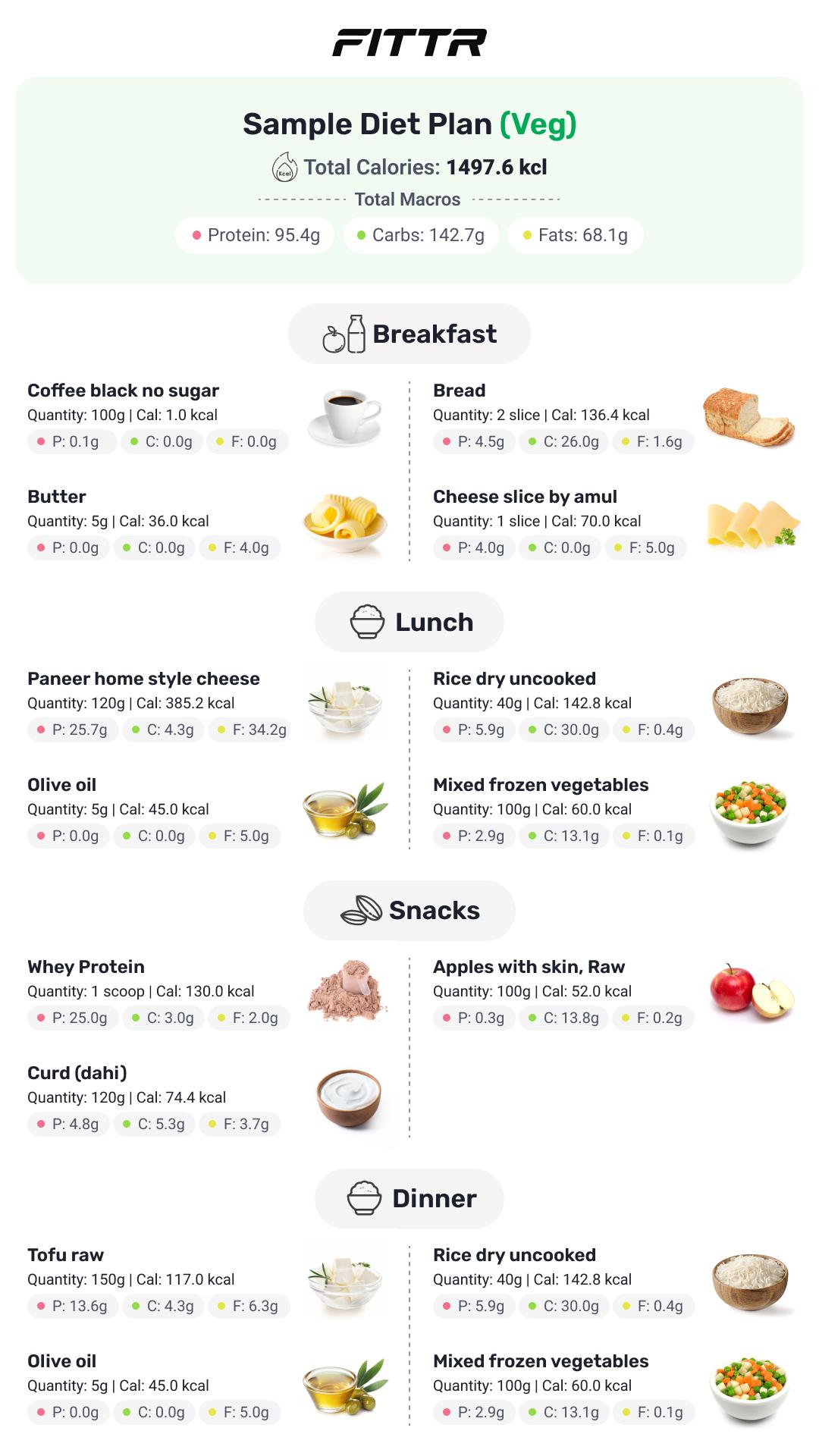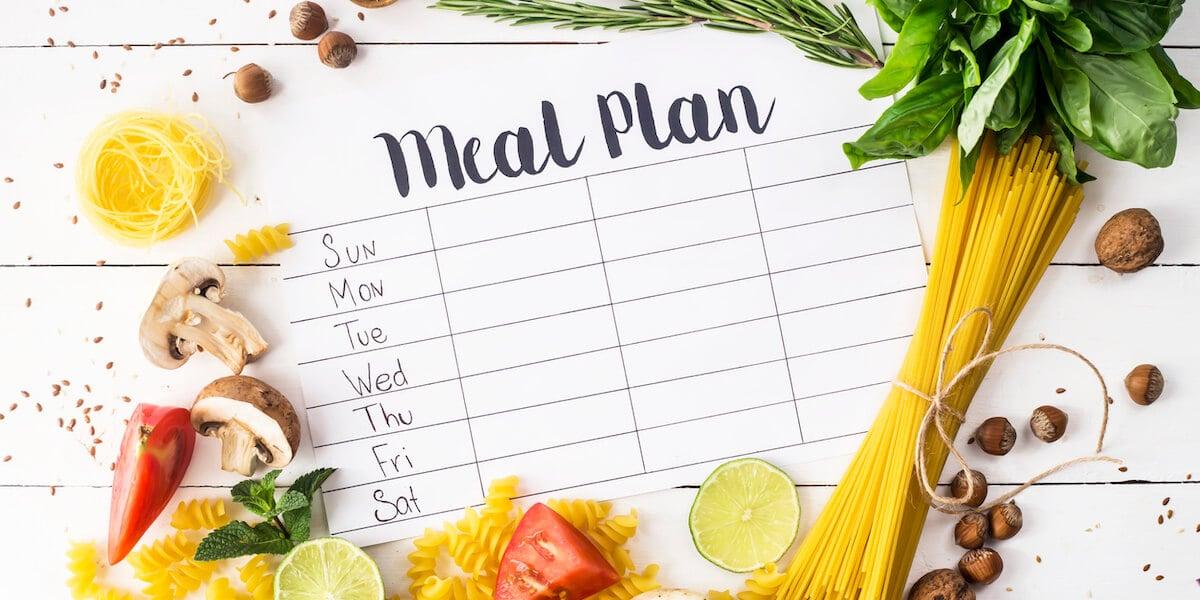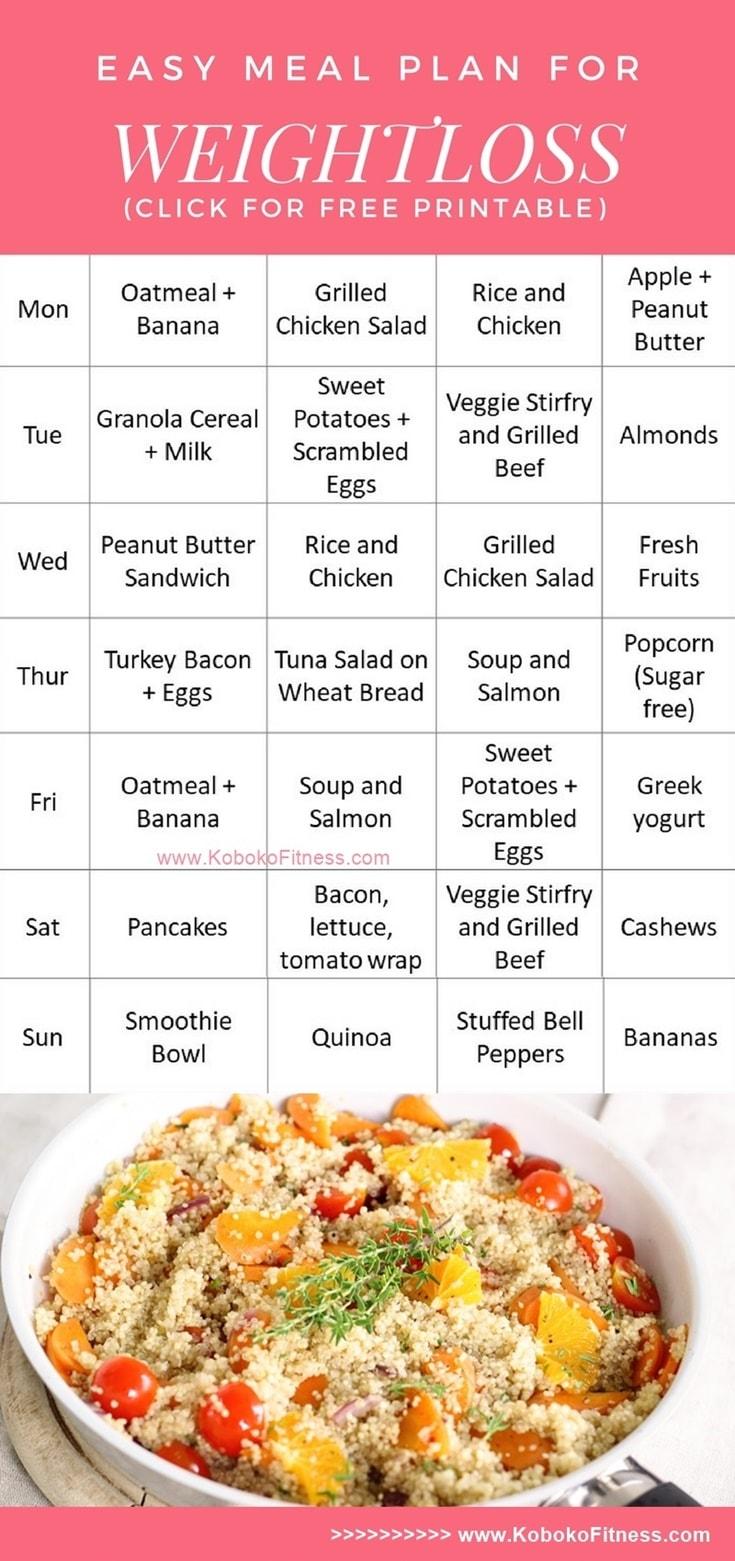Have you ever found yourself staring into the fridge, wondering why sticking to a weight loss diet feels like such a struggle? You’re definitely not alone. Many of us juggle busy lives, cravings for comfort food, and that ever-present desire to be healthier, which can make finding the right diet plan seem overwhelming. In this article, we’ll explore practical weight loss diet options that cater to real-life challenges, helping you create a plan that fits your lifestyle. From meal ideas to tips for staying motivated, we’ll uncover valuable strategies that can put you on the path to success. Ready to discover how to make weight loss feel a little less daunting? Let’s dive in!

Understanding Your Bodys Needs for Effective Weight Loss
When it comes to shedding those extra pounds, understanding the intricacies of your body’s needs can be a game changer. We often fall into the trap of rigid diets that promise quick results, ignoring the fact that our bodies are unique ecosystems. For instance, what might work wonders for one person could leave another feeling depleted and frustrated. Start by tuning in to your body’s signals: Are you truly hungry, or are you eating out of boredom? Incorporating mindful eating practices can help you identify what nourishes you both physically and emotionally. This insightful approach encourages you to ask yourself questions like, “How does this food make me feel?” or “Am I actually hungry right now?” It’s the small adjustments that can lead to significant changes over time.
Another crucial factor in effective weight loss is recognizing the role of macronutrients. Contrary to the popular belief that cutting carbs or fats will automatically lead to weight loss, the balance of these components plays a vital role in how your body functions and burns energy. Protein, for instance, isn’t just about muscle; it can help you feel full longer, which might lead to fewer snacking temptations. Making a plan to understand your own macronutrient ratios can also foster empowerment in your weight loss journey. Shoot for a plan that includes a colorful variety of whole foods rather than just counting calories. Think of it this way: a vibrant plate not only looks appealing but often provides a wider array of nutrients essential for your body’s needs.
The emotional aspect of weight loss often gets overlooked, yet it’s deeply intertwined with our success. Stress eating, for example, tends to lead us astray; understanding what triggers your cravings can unlock a new level of self-awareness. Rather than reaching for that sugary snack when feeling overwhelmed, consider healthier outlets like a brisk walk or journaling your feelings. Research shows that keeping a food diary can illuminate patterns in your eating habits and emotional triggers, empowering you to take control and make healthier choices. It’s about creating a sustainable lifestyle rather than a temporary fix. As you embark on this journey, remember that the goal isn’t just to lose weight; it’s about cultivating a deeper connection with yourself and your body.

Choosing the Right Foods: The Foundation of Your Diet Plan
Let’s face it: the whirlwind of conflicting advice on what to eat can leave anyone feeling dizzy. One week, carbs are the enemy; the next, fats take the fall. To cut through the noise, consider this: a balanced diet isn’t about pinpointing rogue ingredients but rather embracing whole foods that nourish your body deeply. Think of your plate as a palette for painting vibrant health. Add color with fresh veggies, select whole grains over processed ones, and include lean proteins to keep you satiated. It’s not just about what you cut out; it’s about what you add in. Imagine reaching for a snack and opting for a handful of nuts or a piece of fruit instead of a bag of chips. That choice alone has the power to shift your nutritional foundation.
Now, let’s dig into the role of portion control and mindful eating. How often do we eat while distracted— scrolling through our phones or binge-watching our favorite series? Studies have shown that we consume more when we’re not paying attention to our meals. Instead, try this simple technique: serve your meals on smaller plates or bowls. You’d be surprised by how visual cues influence your hunger cues. This habit, combined with taking a moment to appreciate the flavors and textures on your plate, can lead to a more satisfying meal experience. Research from NCBI highlights that mindful eating not only enhances enjoyment but can also help regulate appetite, thus making weight management a more approachable journey.
Lastly, think about the environmental impact of your food choices. Did you know that the production of certain foods can contribute to a larger carbon footprint than others? By prioritizing local and seasonal produce, you support sustainable farming while reaping nutritional benefits. Look for farmers’ markets or consider joining a community-supported agriculture (CSA) program. Not only does this give you fresh ingredients, but it also connects you to your community and the stories behind your food. Plus, embracing seasonal flavors can inspire your cooking and encourage creativity in the kitchen. So, as you contemplate your diet plan, remember: food is not just fuel; it’s a chance to nourish not only your body but the world around you.

Meal Planning Made Easy: Tips for Success
Meal planning can often feel like a chore, but it doesn’t have to be! Think of it as your opportunity to regain control over your eating habits. Have you ever stared blankly at your fridge, unsure of what to make for dinner, while the clock ticks away? Planning ahead not only saves time during busy weeks but can also help reduce those spontaneous takeout orders that can derail your weight loss goals. By dedicating just a short period each week to map out your meals, you can set yourself up for success. Tools like ChooseMyPlate.gov can provide essential resources for creating balanced meals, ensuring you’re not missing out on vital nutrients.
One common misconception is that meal planning means you’ll be eating the same boring meals day after day. In reality, variety is the spice of life! Challenge yourself to try a new recipe each week. Maybe start with a colorful quinoa salad packed with veggies, or experiment with a spice blend you’ve never used before. Consider creating a list of go-to meals that you love—these can be your foundation, and you can rotate through them while swapping ingredients or sides to keep it fresh. Did you know that a varied diet not only prevents diet fatigue but also helps maintain a more balanced intake of essential vitamins and minerals? This approach can actually promote better health outcomes, as outlined by the Harvard T.H. Chan School of Public Health.
Implementing your meal plan doesn’t have to be a daunting task either. Start by preparing your meals in bulk. Cooking large portions and portioning them out for the week can save you time and ensure you’re sticking to your diet without the temptation of unhealthy options. Think about setting aside one day a week for meal prep; perhaps a Sunday afternoon becomes a ritual for you. As you’re chopping vegetables or simmering soups, you can listen to a podcast or catch up on your favorite show. This transforms meal prep from a solo task into something enjoyable. Embrace the process, and recognize that every small step counts—over time, these little efforts compound into significant progress. And just like that, you’ve made meal planning not just easy, but a rewarding part of your weekly routine!

Incorporating Exercise: The Perfect Pairing for Weight Loss
Imagine this: You’ve crafted the perfect meal plan packed with nutrients, yet something feels missing. It’s almost like baking a cake without the icing—a little sad, right? Exercise is that essential layer that transforms your weight loss journey, complementing your healthy eating habits in ways that go beyond simply burning calories. Research shows that combining a balanced diet with regular physical activity not only enhances fat loss but also boosts overall well-being. According to the CDC, just 150 minutes of moderate-intensity aerobic activity a week can make a significant difference in your health outcomes. So, what activities can fit into this framework? Think dancing, brisk walking, or even a spirited game of catch with the kids.
Many people tend to shy away from exercise, convinced it requires a gym membership or hours of commitment. But here’s a thought: what if enjoyment was the secret ingredient? Finding joy in movement can be a game changer. Picture this: a weekend hike, a yoga class that brings calm to your chaos, or even an impromptu dance party in your living room. The best part is, when you engage in activities you love, you’re more likely to stick with them long-term. Plus, those endorphins? They’re like nature’s best mood booster, making every healthy choice feel less like a chore and more like a celebration.
To really maximize your results, consider incorporating strength training alongside your aerobic activities. Strength exercises promote muscle growth, and more muscle can mean a higher metabolic rate. Think of it like adding a turbocharger to your vehicle—suddenly, you’re not just maintaining speed; you’re accelerating towards your goals. Start small, with bodyweight exercises like squats and push-ups, or try using resistance bands. According to a study published in the American Journal of Clinical Nutrition, those who included strength training in their routines saw a notable improvement in their body composition compared to those who mainly focused on cardio. By engaging in a balanced exercise routine, you pave the way for sustainable weight loss and overall health improvements.

Staying Motivated: Mindset and Support on Your Journey
Embarking on a weight loss journey can often feel like stepping into a whirlwind of diets, advice, and lofty expectations. Have you ever found yourself scrolling through social media, feeling overwhelmed by perfect bodies and extreme transformations? This can easily lead to a defeatist attitude, where you might think, “I could never do that.” But what if I told you that the key to a successful weight loss plan isn’t about jumping on the latest trend but rather cultivating the right mindset? Embracing progress over perfection can drastically shift your approach. Celebrate small victories—whether it’s consistently meal prepping or choosing a healthy snack over a sugary one. When you focus on these incremental improvements, it becomes easier to stay motivated and engaged in your journey.
You may find that surrounding yourself with supportive people is essential for maintaining motivation. Whether it’s family, friends, or online communities, the importance of a solid support system cannot be overstated. Studies show that having accountability can increase your chances of success by up to 70% (source: NCBI). Consider forming a small group with like-minded individuals who share similar goals. Together, you can share recipes, swap workout tips, and celebrate each other’s progress. Think of it as your very own cheer squad; the positive energy can be contagious! Engaging with others who understand the challenges you face fosters a sense of camaraderie that reinforces your commitment.
It’s also crucial to reflect on your why. Why are you choosing to pursue this journey? Is it to improve your health, boost your confidence, or set an inspiring example for your family? Taking time to write down your motivations and revisiting them can serve as a touchstone when motivation wanes. You might want to break these reasons down into actionable goals, like committing to 30 minutes of exercise three times a week or experimenting with a new healthy recipe each week. Each small goal can be a stepping stone toward your larger objective, making the journey feel less daunting and much more achievable. Remember, every step counts, and each moment of self-care contributes to the bigger picture.
In Retrospect
As we wrap up our exploration of effective weight loss diet plans, it’s clear that achieving your goals isn’t just about choosing the right foods; it’s about finding a sustainable approach that fits your lifestyle and makes you feel good. Remember, the journey to a healthier you is uniquely yours, and embracing small, manageable changes can lead to substantial, lasting results. Have you thought about what dietary adjustments might work for you? Consider trying one new healthy recipe this week or planning a fun grocery trip to explore nutritious options. Your path to wellness is not a race, but rather a personal journey, and every step you take brings you closer to your aspirations. Share your experiences or thoughts on your own dietary changes in the comments below—after all, we can all learn from each other. Let’s lift each other up and celebrate the commitment to health, creating a vibrant community that strives to make each day a little brighter!





